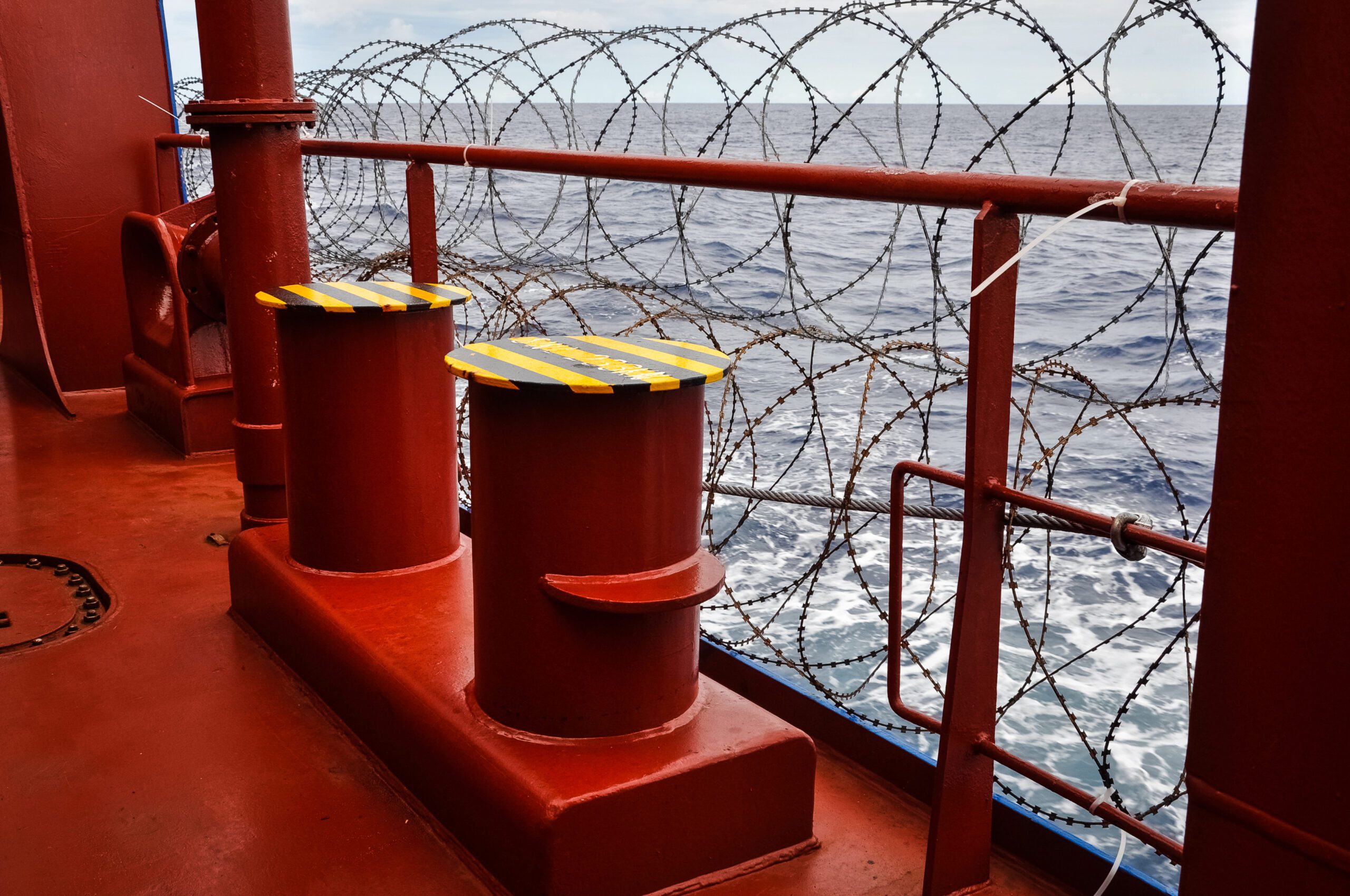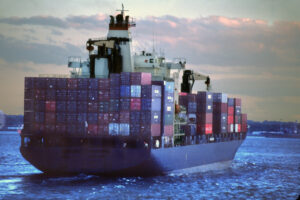Danish Shipping is calling for a new approach to tackling West African piracy after the attack on a Danish-owned ship by pirates in the Gulf of Guinea late on Saturday.
The attack on the Danish-owned ship ‘Monjasa Reformer’ late on Saturday evening in the Gulf of Guinea shows that most countries in the region do not have the necessary resources to tackle the ongoing problem, in accordance with the shipowners’ organization and trade association Danish Shipping, which calls for continued focus on piracy problems in the region.
The ship was 140 nautical miles off Congo and has 16 crew members on board, which none of them are Danish, as the organization reports. They stay in the ship’s security room ‘the citadel’. The ship has not yet been found in the area.
Anne H. Steffensen, CEO of Danish Shipping, says “the ongoing serious and unfortunate incident with Monjasa Reformer unfortunately shows with all clarity that the problems with piracy in West Africa are far from solved. Our thoughts go first and foremost to the crew on board and their loved ones at home, and we are working together with Monjasa and relevant authorities at home and in the area at high pressure to resolve the situation and get the seafarers home safely.”
As the CEO said yesterday, the current situation clearly shows that most countries in the region do not have the necessary resources or capacities to respond to such an incident. “We should therefore also consider what smaller contributions to increased training or surveillance Denmark can send, while our naval vessels are busy elsewhere,” she noted.
In 2022, the total number of pirate attacks in the Gulf of Guinea was 19. A decrease from 35 attacks in 2021 and 84 attacks in 2020.
“We fully understand that, with Russia’s war of aggression against Ukraine, Denmark’s naval capacity is needed elsewhere. But since the piracy problem in West Africa has not been solved, we have to find other solutions. There are constantly naval vessels from a number of countries in the area, not least from a number of European countries. Therefore, EU countries in particular should coordinate their presence to a much greater extent, so that we cover the huge area as best as possible,” added Steffensen.



